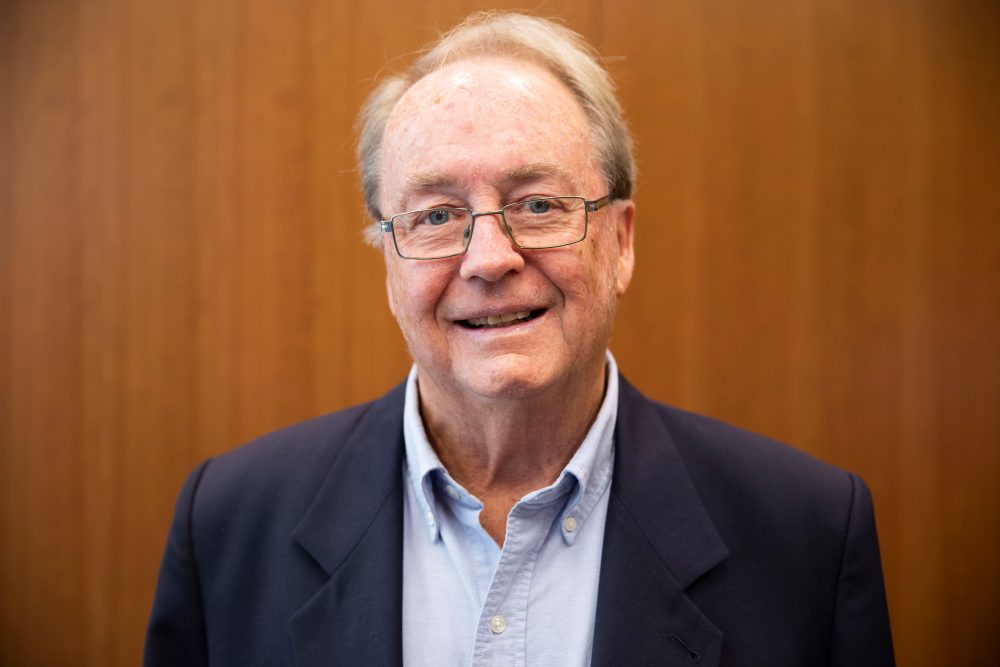Surrey Mayor Doug McCallum said Friday he would release the full report on the city’s switch to a civic police force “today” if it were up to him.

However, he said Solicitor General Mike Farnworth and the provincial government want to review the document first before the public gets a chance to see it.
“I’ve said that publicly a number of times that from our point of view, the full report should be released,” McCallum said. “But that now rests with the province to make that decision.”
WATCH: (Aired May 23) Surrey residents get first chance to comment on city police force

The mayor said the report includes a breakdown of how much the transition from the RCMP will cost taxpayers, which should be seen by the public.
“I think the residents of Surrey need to have that information,” he said.
McCallum has said a civic police force would lead to a 10 per cent increase to the city’s budget, but critics say it could actually cost much more.
Many residents at Thursday’s first public consultation event on the transition said they’re nervous the plan will cost them much more than a fractional tax increase, and are angry they’re being kept in the dark.

Get breaking National news
The mayor, who did not attend the public consultation, said he’s confident the costs and other details will come out “when the province wants to let them to come out.”
WATCH: (Aired May 23) Surrey begins public consultation into new police force

Farnworth said in a statement Thursday he and his staff need time to review the over 200-page report and ensure it meets the requirements of the Police Act.
“Surrey’s proposal for an independent police department is a statutory process that deals with many complex issues, so it will be important not to rush this,” he said.
“I have discussed with the mayor my expectation that the report, in some form, is made available to the public in the weeks ahead.”
McCallum said he expects some parts of the report will be kept confidential when it’s eventually released, but those sections will cover operations that would normally be kept from the public for safety reasons.
What about a referendum?
As for whether the public should have been allowed to vote on the future of policing in Surrey through a referendum, McCallum quickly shot the idea down.
“You never see governments working by referendum on major items in cities,” he said. “That’s not a democratic process. The democratic process is the election, when people elect you to do a job.”
The idea of a referendum was also brought up at the public consultation event.
McCallum said he and his fellow councillors were clear during the municipal election last year his council would vote on a switch to a civic police force “on the first day.”
Council did in fact pass the motion unanimously just minutes after getting sworn into office.
But only 32 per cent of voters cast a ballot in October, with McCallum earning just over 41 per cent of that vote, leading many to say the majority of the public didn’t get to have a say on the policing issue proper.
But the mayor said that issue is the reason why he won, adding he’s confident Farnworth will give it the green light.
WATCH: (Aired May 7) Surrey mayor gets mixed reaction for prototype police car

“We fully expect the provincial government to approve our own city police force, because we got elected on that basis,” McCallum said.
Several B.C. cities have used referendums or plebiscites for major policy decisions, including Vancouver’s public vote in 2015 on whether to approve a half per cent tax hike to fund future transit projects.








Comments